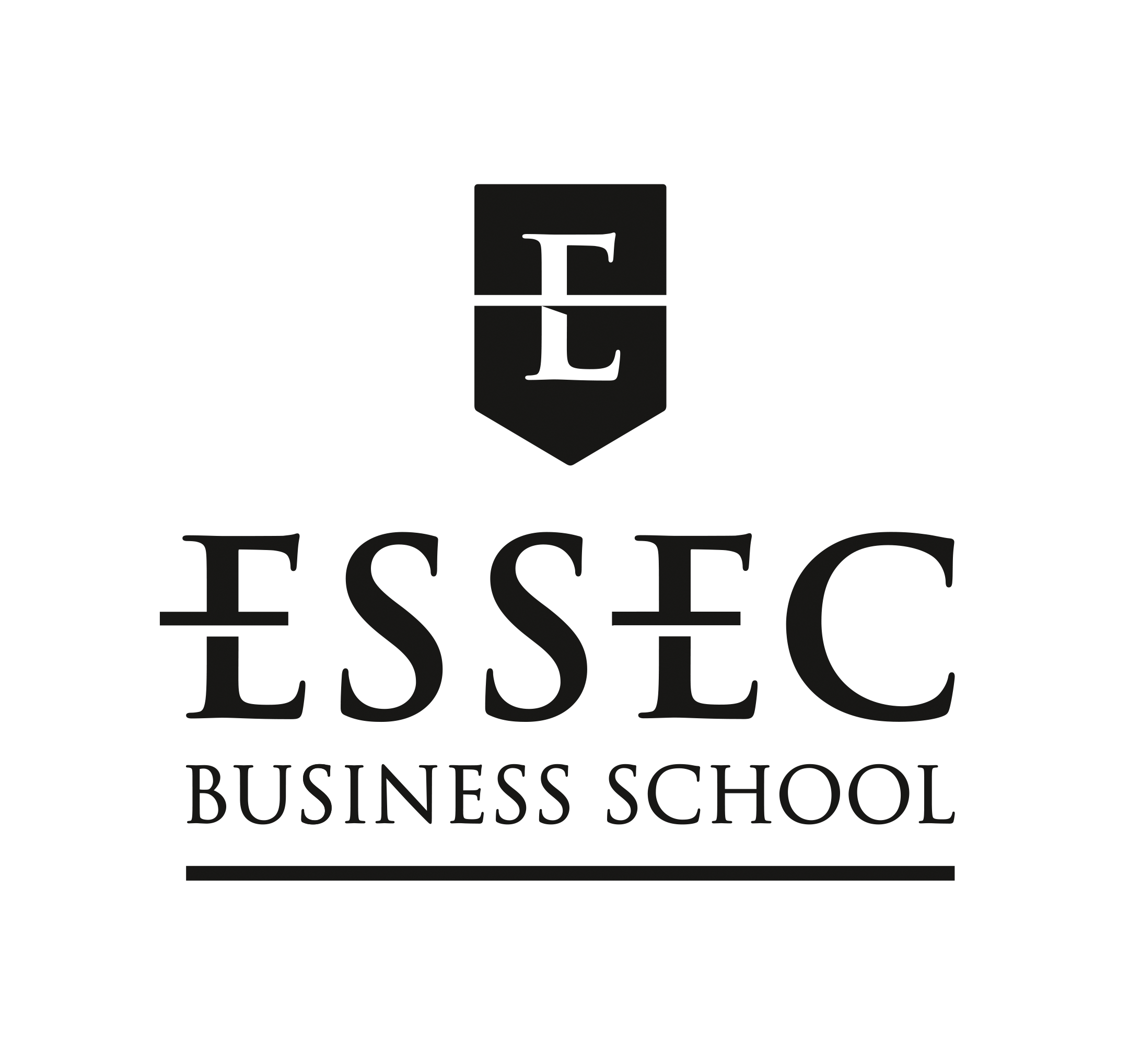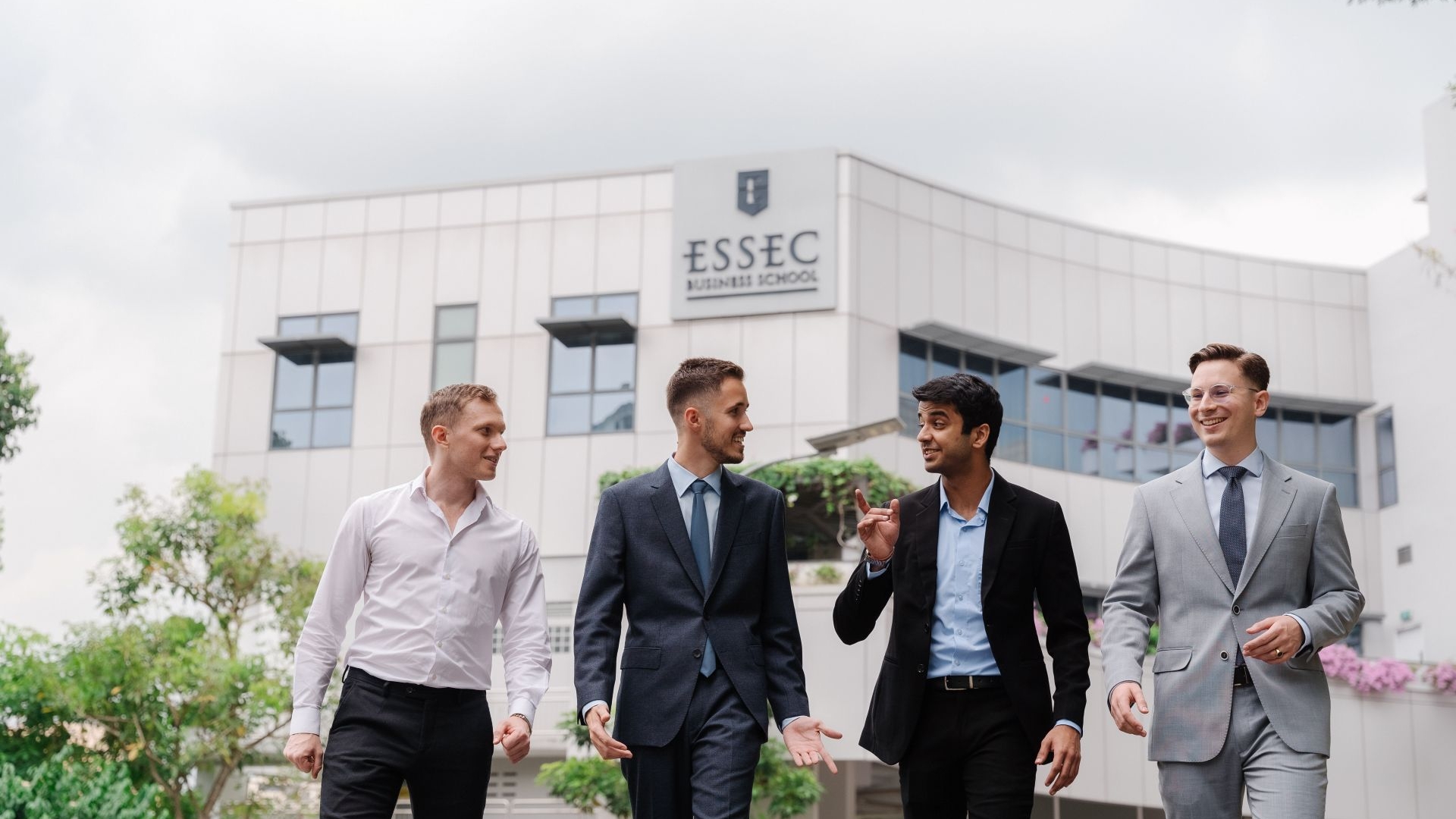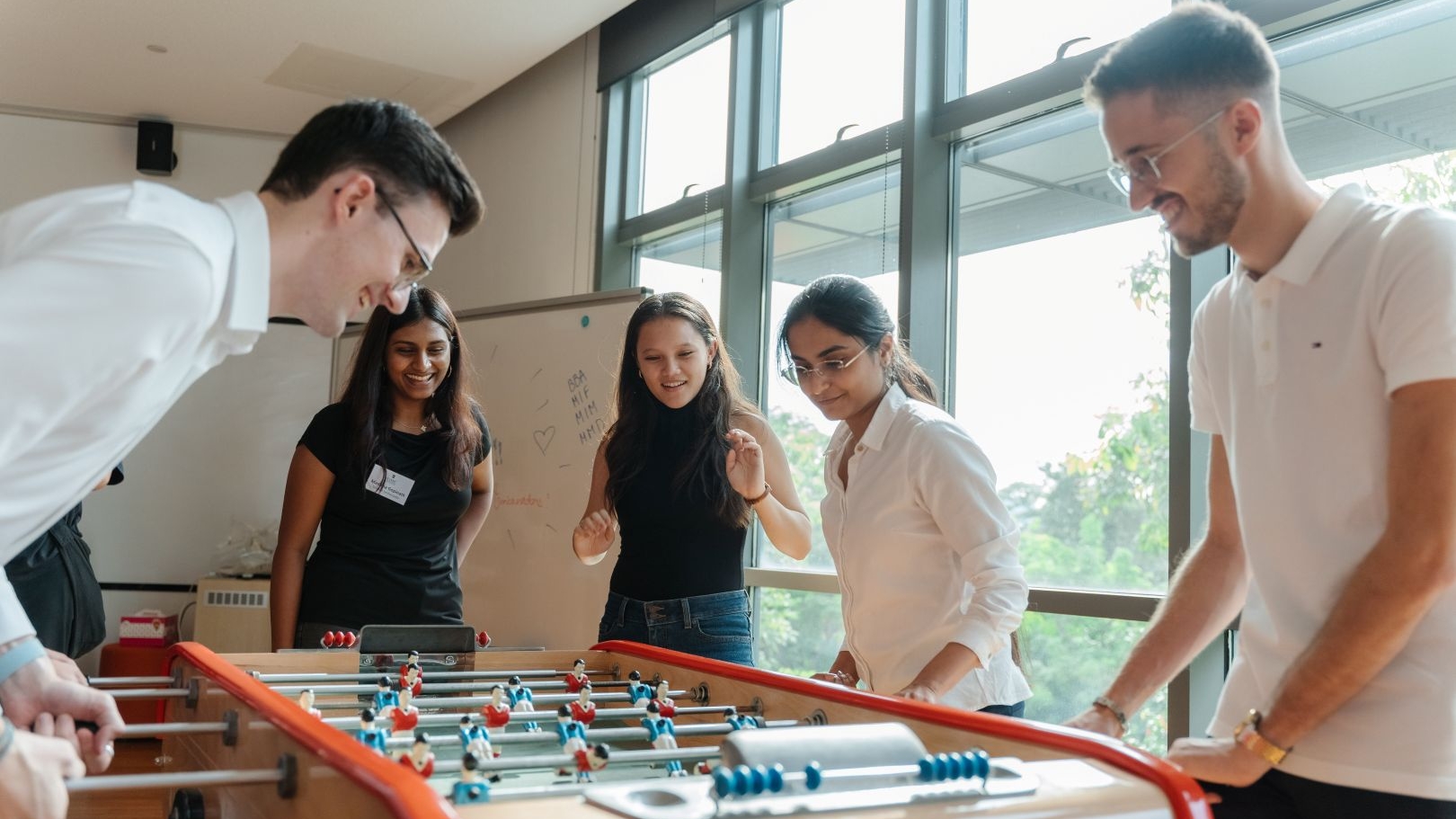Fresh from his undergraduate studies, Zhelin Yu was interning at a private equity fund in his home country, China, when he noticed his colleagues’ challenges.
“There was a lot of investment globally, but some of my colleagues struggled to negotiate with those from other countries as they didn’t understand their culture and how to communicate effectively with them,” the ESSEC Master in Strategy and Management of International Business (SMIB) Student Ambassador recalls.
This is why, as he works towards becoming a strategy consultant, he is grateful for the opportunities for global exposure that being at the ESSEC Asia-Pacific campus offers.
Joining a Diverse Student Body
Zhelin shares that the international exposure at ESSEC is seen in the diverse student body at the Singapore campus.
Within his SMIB cohort, students hail from at least ten nationalities, with a good mix from Europe and Asia.
“Coming to ESSEC as an international student, everyone is more willing to share their experiences and cultures,” he says, adding that his cohort created a WhatsApp group to arrange outings and get to know each other even before the term started.
Fellow SMIB Student Ambassador Soraya Saint-Marc, who comes from France, echoes these sentiments. She, too, testifies to quickly forming friendships with her classmates.
“Once you get to know your peers, it’s likely you start meeting outside of school and even travel around Southeast Asia together, forming even stronger bonds,” she says, adding that she has already traveled with some friends to Kuala Lumpur, Malaysia.
To her, these friendships and shared experiences greatly increase one’s open-mindedness and general knowledge.
“It’s always interesting to have conversations—whether light-hearted or deep—with different classmates to understand their values and how they see the world,” she explains.
A Safe Space for Intercultural Exchange
Soraya adds: “I like that ESSEC provides an environment for cultural exchanges to take place safely, without judgment, and only fuelled by curiosity and good intentions.”
For example, she recalls how, within just the first few months of school, ESSEC organized a BBQ night for SMIB students to mingle and a Global Village, where students from different nationalities showcased food from their home countries to educate others about their culture.
Opportunities to develop cultural competence are also woven into the SMIB curriculum through group projects.
These bring together students of different nationalities to work on other business problems—circumstances that mimic the working world.
The perspectives gained from these interactions are what Zhelin believes will be of the most value when he steps into the working world.
“If you just study or live in one country, your environment inevitably influences your thought processes,” he explains.
“It’s important to communicate with people from different countries, learn about their lifestyles and how they think about things. This will make you more effective in an international team.”
RELATED POSTS
Stepping Out Of Your Comfort Zone: Why It Matters At Business School
How embracing new challenges accelerates personal and professional growth.
From Singapore to the World: Navigating Your Global Career Path
Beyond a degree, ESSEC Asia-Pacific is your launchpad for a truly global career, equipping you with a powerful international network of 71,000 alumni…
How ESSEC Asia-Pacific Builds A Sense Of Community
From orientation to cultural nights — how students feel supported and included.
Making Friends Across Cultures: Lessons From A Diverse Classroom
Stories and tips on navigating intercultural friendships at ESSEC Asia-Pacific.
Your Global Network Starts Now: Why ESSEC Friendships Matter
Beyond the classroom, discover how ESSEC Asia-Pacific cultivates a strong sense of belonging and community for international students, leading to…
How Studying In Asia Changed My Worldview
Reflections from an ESSEC Asia-Pacific international student.








